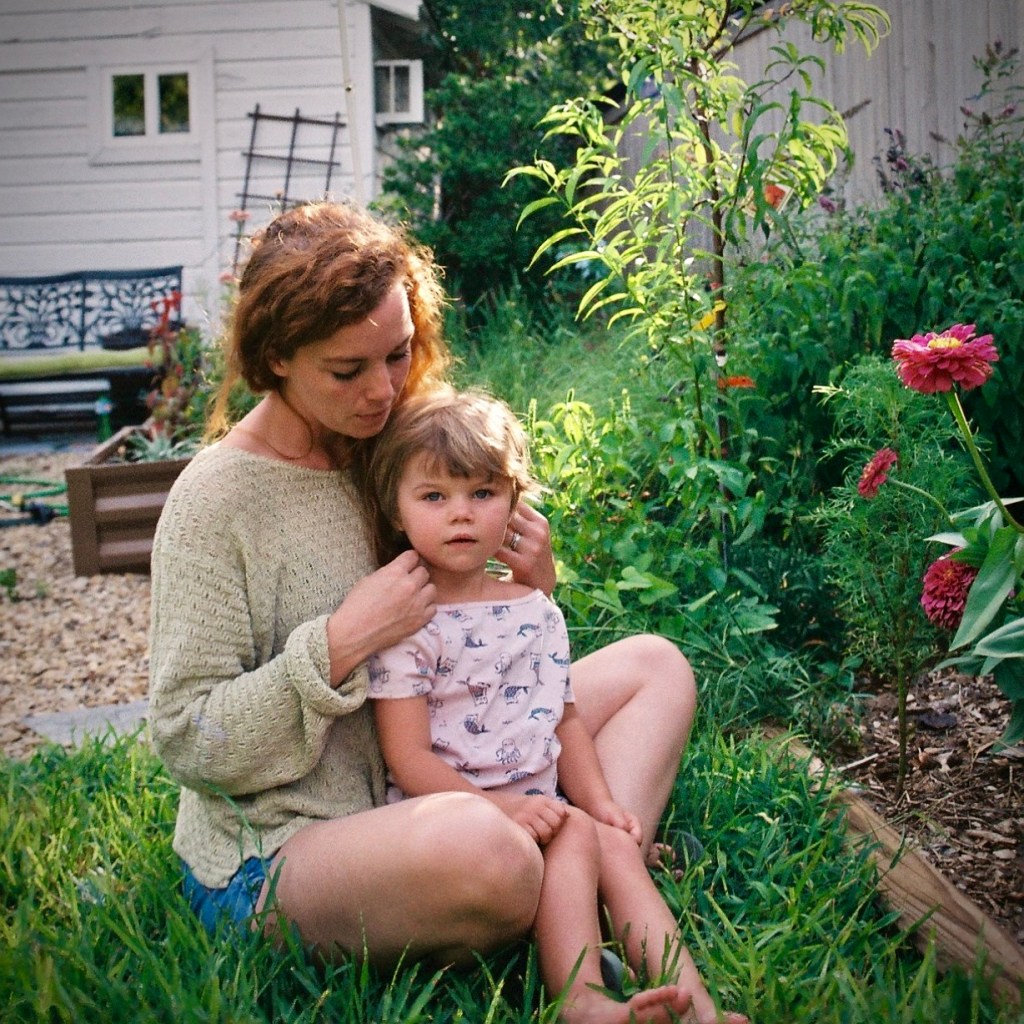


A gecko is all reactive power. His hands are splayed out on the brick- like someone smooshed them flat.
His tiny dinosaur face searching for what to react to.
He breathes adrenaline.
He only knows fear. His eyes turning all directions, choosing the color that blends. Blending means safety, merging is survival.
Vigilance gets dinner.
A peaceful gecko is a dead gecko.
Dont cheapen it with daylight
Or sliding traffic lights
Those liquid crystal beams from shadows to ground
Aperture overexposing bolts
Fleeting inky blotches on my eyes
Should be bringing into relief the figure of trees.
Flashes of light’s memory
All done in a blink.
Dodging impressions on the back of my eyelids
Richness of darkness
Hidden hope
The friction of static energy striking the ground
To awe and horrify
To be small and enveloped
The night ruckus rocking me
At my core, to sleep
To those who bristle at music,
that once brought comfort,
Who’s book now holds coffee and guilt.
Those who can’t think of Him or can think of nothing else.
Who rages against him.
And wonders if he exists.
You who see his
abuse
contradictions
a prince of peace
a prince of panic
You who free fall in doubt
Gripping newfangled beliefs.
There are handholds along the well you’re falling down.
Remember that peaceful place?
When your spirit was at rest?
Was it a garden? Along streams?
Your spirit unabashedly fixed on something you still believed?
It’s all awash in doubt now
but there are stones under foot.
Don’t trade your blind belief
for a different kind of certainty.
Your credence can be a wallflower
checking it all out.
To you, dimly burning wick,
keep watch and hold on.
In the mega church I grew up in we had a guest speaker. At the beginning of the sermon they passed around dozens of buckets full of ball bearings. It was strange. We each held a ball bearing in our hands. The sermon was on helping and witnessing to others. Then half way through the sermon he said. Put this ball bearing in your pocket. And if a need arises in your life. Reach in your pocket and “feel led.”
We’re supposed to “feel led” to give. It’s the works based bias we all swim around in. When in doubt- give. It’s a Christian habit. It’s a part of our kingdom work. But after 30 years of conditioning, my body has learned to respond to the stimuli of giving. I’ve given till it hurts. It lessens my guilt for my filth and helps someone in the process. Double whammy.
Now that I’ve rewired my brain to avoid that shame by helping, I can’t seem to kick the habit. It’s an easy fix. And no one would ever fault me for it either. It’s like helping-narcotics. Except this one betters the world around me. The only one suffering is the myself! And I keep that well hidden!
Like an addict, if I go cold turkey I withdraw to the deepest shame. Who am I to take care of myself? Who am I to expect anything less of life than self-sacrificial raggedness? Our model was crucified. Shouldn’t I be too?
So how does self-care fit into all this? I find myself split into two personalities. I understand the psychological affects of mood altering by helping. I want to shut it down faster than you can say “give till it hurts.” But then I constantly “feel led”. It’s an intrusive thought with no space between impulse and action. Ive already sent the text, offered the meal, opened my life to another person. All of these are benign. Unless that night I don’t have energy to respond to my kids, my anxiety takes over as I make another pot pie we don’t have ingredients for. Or glassy eyed I try to act like I’m not ignoring my husband while I’m distracting myself with my phone. Exhausted from another person in need.
Self-care or even just a descent attempt at keeping up with my sleep, healthy, and emotional needs is an act of grace. And with my religious background all this grace makes me uncomfortable. I’m anglican now and they are all about it. But where’s the line? I don’t know where I stand. Seven years in to this new way of walking with God and I’m still not sure I fit in. Or it fits in with me. Anglicans call themselves the “middle way.” Well I can’t handle that in my polarized view of righteousness! I’m either goat or sheep. There isn’t an animal in the middle?? A ram? I don’t know???
Maybe I’m meant to feel that discomfort. And sit with intention in the grace where no one is asking anything of me. Like letting your mother hold you. Letting your mistake be forgiven. No groveling or “making it right” (as I say to my kids). Just washed over and clean. It’s not a collaborative effort. I want to become less and less uncomfortable. But I hope I never forget how unnatural this lack of shame feels.
What is so flat about young mother’s conversation? It’s like my brain fused with my uterus and they were both massaged back into that passive space in my abdomen deep inside. I don’t remember how to communicate anymore. Are we supposed to think about more than just survival?
Did I used to think about more than survival at some point?
Childcare feels like it’s taking up 90 % of my headspace. Like if I don’t solve this childcare problem, I’ll just have to go to work while they free range in my kitchen with all the knives, finding mushrooms to eat in the corners of our backyard. Maybe they could find a phone if there was an emergency.
This is serious.
I wish there were a way to reintroduce myself to the rest of my brain. Remember knowledge? Learning? Oh yes, math tables on flashcards. Wait no, that was my daughter’s homework. I don’t remember my own knowledge. What was that like? My book club never had members. I wasn’t even a member.
Can I survive without these deeper parts surviving? Every time I have to multitask I feel it die a little. But then one conversation re-ignites it again. I feel it dying with every load of laundry. But then, my daughter asks her constant question, “Why?” and I remember I have something stored away I can call up.
There is more to me than just making babies and milk. Making dinner and making a living so I can feed those mouths. There is more to me.

The shadow self lies under the surface, and I hope it isn’t real. It seems to go away when I feel the burn of whiskey on my lips. It’s the pain-experiencing part of me. It’s grief, it’s unresolved, and untidy. It’s honest about my limits.
My shadow self, with all its curling around bruises. Protecting it’s comforts like a precious ring. I despise it’s weakness. I can’t carry the dead weight. If I have to claim it as my own, I’d rather die. Something inside give an ultimatum. The parts of myself are ripping me in halves. One the golden darling, and the other running to the slop. “Why can’t I…” Blame. “How am I still…” Impatience. In the old place, the old familiar smash against my built up self. Cut off at the knees, just as the letter said that I wrote to myself 15 years ago.
I’m still here. Shadow is here too.
Limited, crippled and small.
Grieving, hurting, hope deferred.
What purpose does my shadow self serve? How does it serve me in showing up now?
It reminds me to look at the pain- not letting it get to stage 4. It calls it like it is- not receding into blind optimism. It helps me show up. Even in my weakness. Boundaries, limits, values based, diligent, self compassion. Telling my ambition, “Hush.”
Written on a dark COVID day. By Morgan Myers, LPC
Light and easy
Simple and fine
Come out with me
The glory is mine.
Even on a bad day
All the pain stings
Pressing heel to the ground
The lightness is brings.
What happened to the ache
that settled in there?
Landlocked and muddy
to birds of the air.
What seemed sown on
A ring in my skin
was marring my back
and tattooing in.
What do I carry?
I’ve lost count now.
Assuming it’s mine
I throw on the pile.
Hunching over
pulling apart
Ripping the seams
I get a new start.
Eyelids are lifting,
spine’s column can flex
Glorious light foot
A hopeful deep breath.
We aren’t workhorses- measured for the size of our burden-bearing muscles.
We aren’t bred for our usefulness.
We aren’t bred at all.
We are dropped into the landscape.
Without the aid of our agency.
For the sheer pleasure we bring.
This is not a means.
This is the end in itself.
Kissing in place of breeding.
Strolling in place of striving.
Pleasure in place of purpose.
We are beauty-makers. It is good.
We are beauty-bearers. And it is good.
In our being, it is good.
In our being is our doing.
Walk with me in the wide and narrow path.
Mindful walking and on-going.
In all our created ness and our limits,
All is well.
As my heat tolerant beauties become shriveled and dead to the stem, to the ground, I feel a sense of loss. Or it might be more like a donation has been made to a good cause. There’s an empty spot to take it’s place. It’s not a failure- it’s a benevolence.
The time had come for ice to form where life once flowed. To freeze it in it’s place and then wilt it as if to say, “Nothing to see here- I’ve gone to a better place.” The life retreats to its roots where it will bud again. We don’t like this kind of visible decay. It is a sign of age and change.
We all fear change. As a signal of our possible past failure, or potential failures to adapt now. But we need to see we have no part in that change and we can sit back and see the beauty in it. Or how about the “spectacle” of it. We need to not blame ourselves for some lack of longevity. We need to not cling to bare branches like an expired vase of flowers with brown water at the base, the petals gone.
We need to see the regeneration of life! And the beauty of the next crop often greener and fuller. We know now what little we can do to create regeneration.